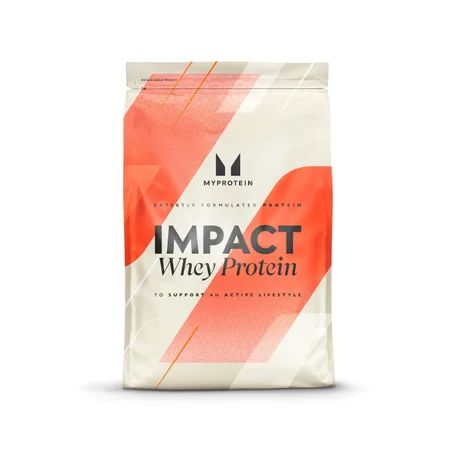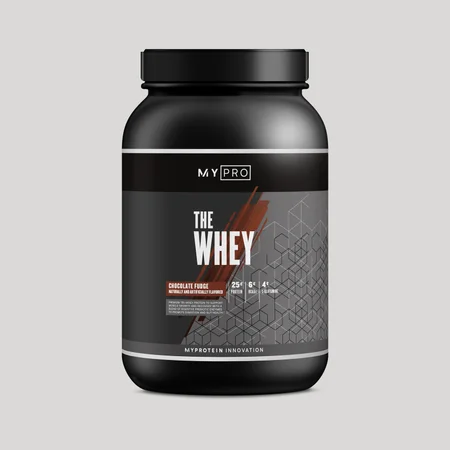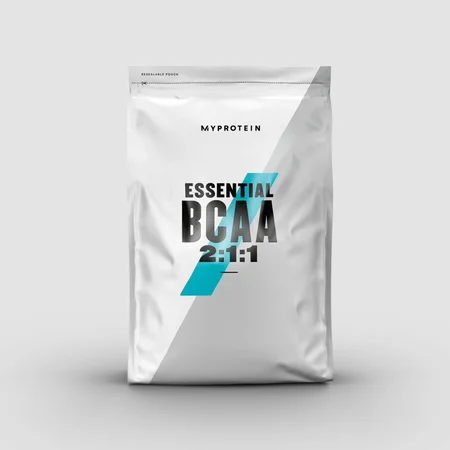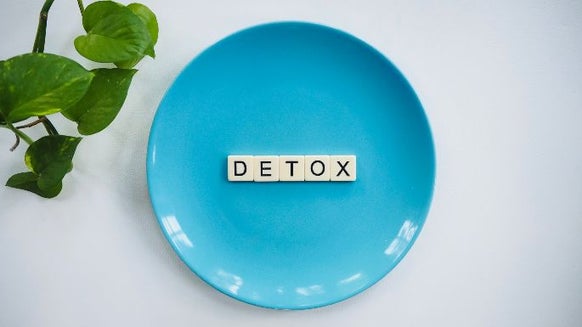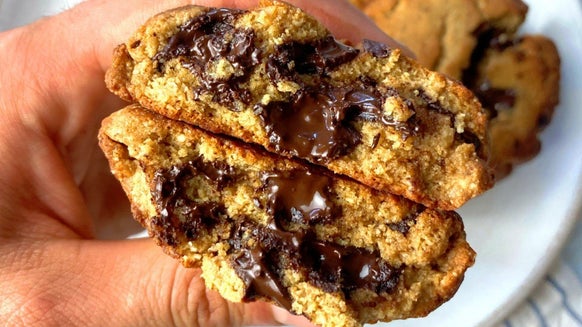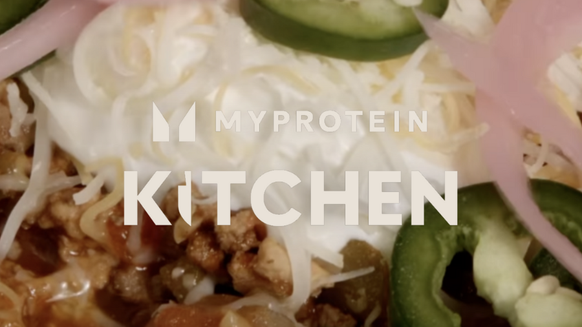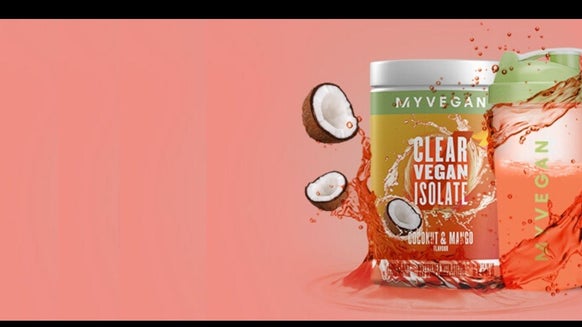Nutrition Myths

In today’s crowded fitness space, it’s hard to differentiate fact from fiction. Over the years, certain nutrition methods have become widely accepted as the “right way” without any direct reasoning or proof. Whether it’s something you read in some article on some website one time, or something you overheard in the gym locker room, you may have unknowingly adopted many of these false practices. Let me clear things up by debunking 4 of the most common myths in the nutrition world, and what you should be doing instead.
1. The Window of Gainz
The Myth: After a workout, you have a 30-minute “anabolic window” to drink a protein shake for recovery or your muscles won’t grow and repair as effectively.
The Truth: There is no magic time frame post-workout in which you must have protein to preserve muscle growth. Overall nutrient intake throughout the day is much more important than the timing of said nutrients. In fact, a study conducted by the Department of Kinesiology at McMaster University found that protein synthesis is elevated for an entire 24-hour period after training. So you have all day to fuel your body, not just a 30-minute window.
The Takeaway: There’s no need to rush home the second you finish your last set to chug a protein shake. As long as you’re getting an adequate amount of quality protein throughout the day, you’re fine.

2. Small, Frequent Meals
The Myth: Eating 5-6 small meals per day increases your metabolism and burns more calories.
The Truth: Calories are calories. Similar to the previous point, it isn’t about frequency or timing, it’s about overall daily caloric intake. Smaller meals eaten more often throughout the day have been proven to have negligible effects on weight loss. So whether you have five 400-calorie meals or two 1,000-calorie meals, your body treats them the same.
The Takeaway: Do what works for you. Some people like the convenience of only three larger meals per day. Others like the variety of five smaller meals. Both can be effective. In the end, what you eat (and how much of it) matters much more than how often.

3. Breakfast is the Most Important Meal of the Day
The Myth: Eating breakfast jump-starts your metabolism (helping you lose more weight) and prevents you from overeating later in the day.
The Truth: Many studies have been performed recently to disprove the popular misconception that eating breakfast is essential to weight loss. In fact, breakfast could actually be detrimental to your progress. A lot of popular breakfast foods (cereal, bagels, toast, doughnuts, kolaches, pastries) are loaded with sugar and provide little to no nutritional benefit. Eating breakfast also creates a larger eating window (the number of hours in the day you’re eating food) which could actually cause overeating and the storage of excess fat.
The Takeaway: If you’re not hungry in the morning, then don’t eat. You could benefit considerably by fasting in the morning. If you do enjoy breakfast, make sure you’re eating some quality protein and fat to keep you satisfied for a longer period of time. Avoid the high-carb, sugary treats that will have you reaching for food in another couple hours.

4. Eating at Night Makes You Fat
The Myth: If you eat too close to your bedtime, your body will store the calories as fat and cause you to gain weight.
The Truth: Calories can’t tell time. They don’t know the difference between 5 PM or 10 PM. Your body breaks them down the same no matter what time they’re consumed. Once again, your overall caloric intake vs. caloric expenditure during the entire day determines whether or not you’ll lose weight. Eating at night is commonly associated with weight gain because it’s often when people tend to binge eat (or drink). It’s when you’re out at the bars, or at a movie, or on a dinner date. But as long as you maintain healthy eating habits, the timing of the meal doesn’t matter.
The Takeaway: If you’re hungry at night, eat. But don’t overeat. Stick to your typical portions and eat real, quality food.
Take Home Message
For many years, I believed all of these myths. I took protein powder to the gym with me so I could down a shake as soon as I finished lifting. I carried Tupperware around and ate six times a day, fearing that any less would halt my progress. I had breakfast the second I woke up every morning, and I was scared to eat big meals at night. I was hesitant to try anything different because for the better part of the past 10 years I had been under the spell of “bro science”. But now I see the light. After doing my research and experimenting on myself with Anabolic Fasting aka “The Unicorn Diet”, I’ve finally come to terms that all of these popular beliefs are indeed myths.
If you get anything from the article, I hope it’s that there’s no one-size fits all solution for nutrition. In the end, you have to find a routine that works for you. Find something that’s sustainable and enjoyable. If you can’t stick to it, then you won’t be successful. If you like having a shake post-workout or a big breakfast every morning, that’s ok. Ultimately, your success is not dependent on any one choice. It’s the sum of the parts.

